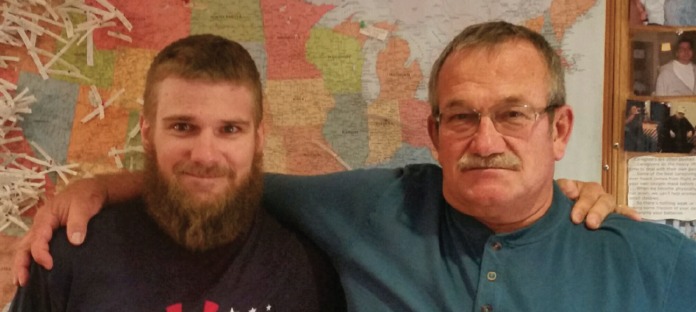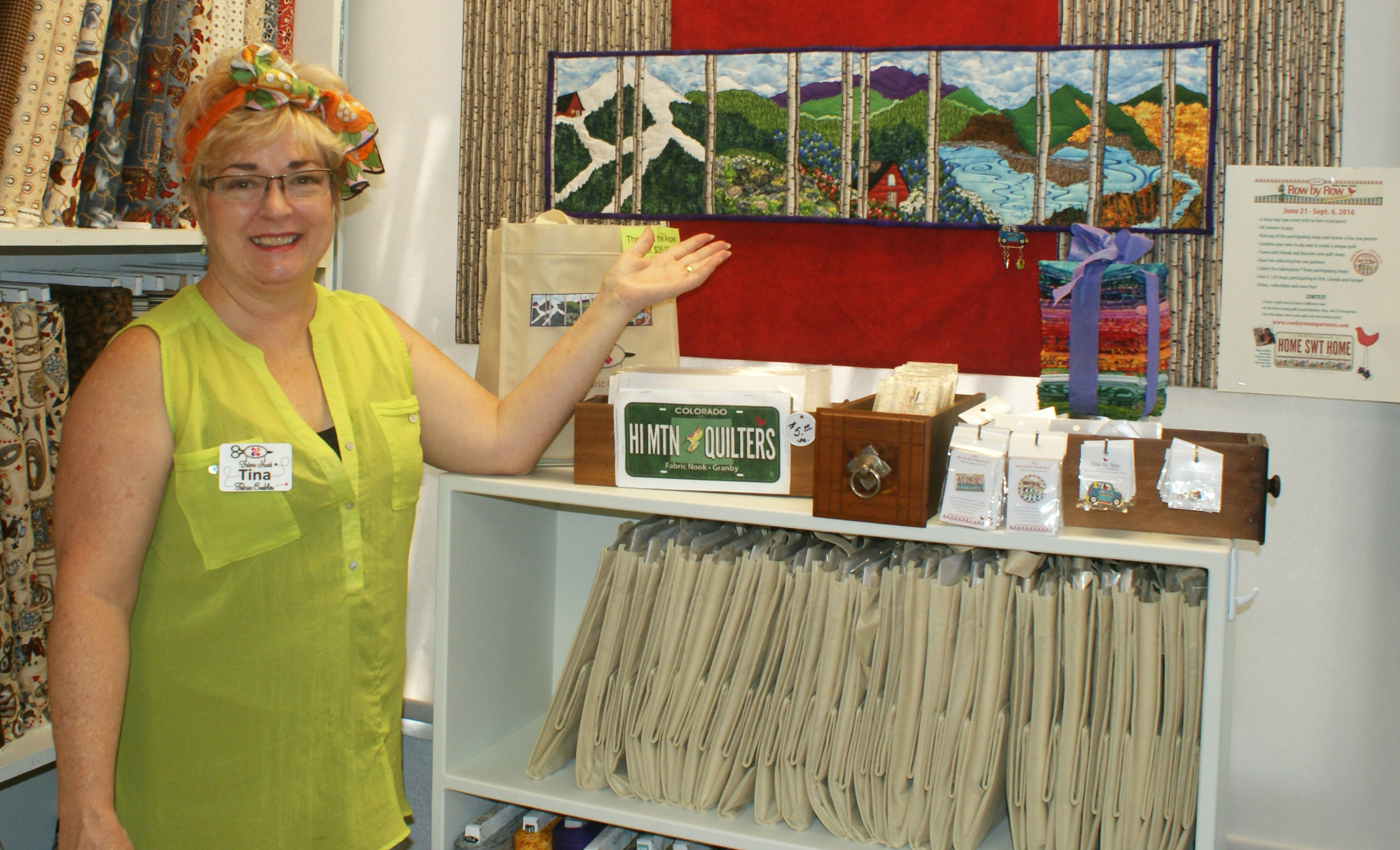
By Anastasia Button
April is Donate Life Month, normally consisting of various local, regional, and national activities “to help encourage Americans to register as organ, eye and tissue donors and to celebrate those that have saved lives through the gift of donation.” And while worldwide events have meant a move to online activities in 2020, the need is no less important. According to DonateLife.net, there are currently 112,000 Americans on the national transplant waiting list. 8,000 preventable deaths a year occur because an organ is not donated on time. And 82% of those waiting are in need of a kidney. But Kremmling has its own success story of kidney donation, one that should encourage more adults to register as an organ or tissue donor.
June 23 of this year will mark the 4th anniversary since Kremmling son Cole Wilsey donated his kidney to his father, Keith Wilsey, who suffered from granulomatosis with polyangiitis, formerly known as Wagner’s disease. The disease is an uncommon disorder that causes inflammation of the blood vessels in the nose, sinuses, throat, lungs and kidneys by slowing blood flow.
Keith’s kidney disease was caused by his time serving as an Army Ranger Rifleman (11B) and Mortarman (11C) within the 2nd Infantry Division during the early 1970s. During his 15-month deployment to South Korea he was assigned multiple missions into the Demilitarization Zone (DMZ) where he was exposed to Agent Orange, which eventually became the cause of his kidney disease.
Cole expressed, “I knew the risks, which were minimal, but there is always a chance it could go the wrong way. I just decided, it’s for my daddy, and I wanted to do what I could to help him out as he has helped me throughout my life.”
Fortunately, the Veterans Affairs (VA) was able to take Keith’s medical case and send him to Portland, Oregon where his transplant was completed, along with his son, Cole, who donated for his father. The surgery was a success and the Wilseys were transferred to Fort Vancouver, Oregon for recovery. Fort Vancouver is also a location where many veteran amputees and cancer patients are treated and placed in recovery.
Three weeks after the transplant surgery, Cole Wilsey, who was 26-years-old at the time, went right back to work on the drilling rigs in the oil fields. “Honestly, it doesn’t affect me at all, really, other than getting my medical checks based on the doctor’s recommendations. However, I can’t take certain medications, like Ibuprofen. But other than that I don’t have much to worry about.”
While Cole went to work, his father Keith, 63-years-old at the time of the transplant, remained behind to recover with his wife, Mary. Keith states, “Portland and Fort Vancouver are good towns for healing. My wife Mary and I celebrated our 40th anniversary on the Columbia River. It’s also the place where I learned how to improve my Mexican cooking. I used to be a gringo-Mexican cook, but a family from Arizona who were also at Fort Vancouver helped fine-tune my cooking. Cooking Mexican food is something I continue to enjoy doing.”
Keith’s “numbers” concerning his kidney health are good but now he has to be more careful with COVID-19 as he does take three immunosuppressant drugs and is at a higher risk of contracting the influenza strain. At the time of recovery, Keith was taking around 55-60 pills a day. Four years later, he is down to 15 pills and will continue to medicate for the rest of his life.
Today, Keith is working and living life to the fullest with his still supportive wife Mary who “has been a great support and is still putting up with me,” says Keith.
Currently, Keith is in a battle with other cancers including melanoma, but he remains positive in saying, “I take it one day at a time, stay focused, and keep moving forward.”
What message would you wish to express to our readers considering organ donation?
Cole: I’d do it again tomorrow if I had to. I was the best match and in the best situation to be a donor. I have zero regrets and it’s not that bad.
Keith: If you are healthy and can be an organ donor there is always someone out there that can use something… It’s an amazing thing and you are always appreciative of such acts.
Organ Donation Month.
Even the largest football stadium in the US could not fit the number of patients on the national transplant waiting list and 82% of patients waiting are in need of a kidney (DonateLife.net). If you are open to register as an organ donor, you can easily register at www. DonateLifeColorado.org. After death, organ donors can save up to eight human lives.








